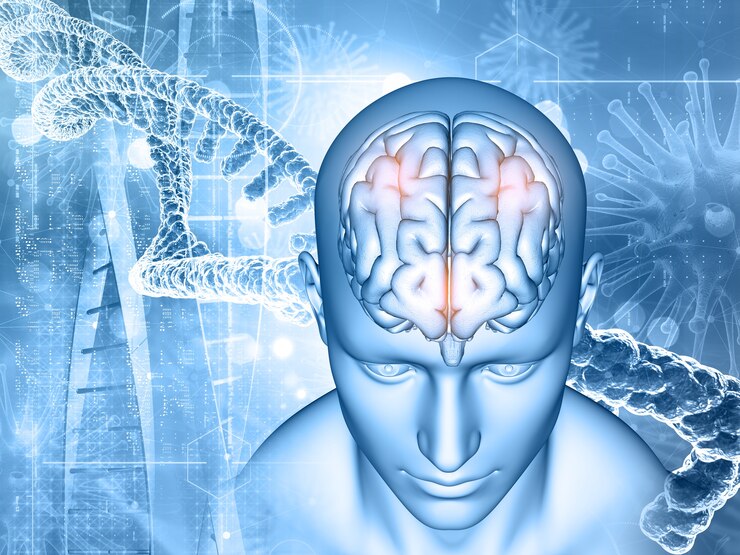Ever wondered what happens inside that intricate network of nerves and neurons? Or perhaps you’ve encountered someone struggling with a strange twitch, memory lapse, or persistent headache, leaving you with more questions than answers. If so, then step into the fascinating world of Neurologists, the detectives of the brain and nervous system.
Who is a Neurologist?
Think of a Neurologist as a Sherlock Holmes of the mind, armed with a keen eye, a sharp intellect, and a bag full of specialized tools. They’re medical doctors who have undergone extensive training to diagnose and treat disorders affecting the brain, spinal cord, and nerves. From the subtle tremors of Parkinson’s disease to the debilitating seizures of epilepsy, Neurologists unravel the mysteries of these complex conditions, offering hope and relief to countless individuals.
What Do Neurologists Do?
Their days are filled with intricate puzzles. Imagine a patient with slurred speech and sudden weakness. The Neurologist meticulously gathers clues: medical history, family background, a thorough physical examination, and specialized tests like MRIs and EEGs. Each piece, no matter how small, contributes to the big picture. After careful analysis, they arrive at a diagnosis, guiding the patient towards the most effective treatment plan.
Navigating the Maze of Neurological Disorders:
The human nervous system is a masterpiece, but it’s not immune to malfunction. Neurological disorders can manifest in a myriad of ways, each one unique and challenging. Here’s a glimpse into the diverse landscape:
- Headaches and Migraines: These throbbing pains can be debilitating, impacting daily life. Neurologists can identify the triggers and recommend preventive strategies or effective pain management solutions.
- Movement Disorders: From the tremors of Parkinson’s to the rigidity of ALS, these conditions affect how we move and interact with the world. Neurologists offer medication, therapy, and even surgical options to improve patients’ quality of life.
- Cognitive Disorders: Memory loss, confusion, and difficulty thinking clearly can be symptoms of Alzheimer’s disease, dementia, or other conditions. Neurologists can assess cognitive function and recommend treatments to manage these challenges.
- Epilepsy: Seizures, the hallmark of epilepsy, can be frightening and unpredictable. Neurologists diagnose the type of seizure and prescribe medications to control them, offering patients greater confidence and control.
Beyond the Diagnosis: The Human Touch of Neurology
Being a Neurologist is more than just diagnosing and treating – it’s about building trust and empathy. These conditions often impact not just the patient but also their loved ones. Neurologists understand the emotional toll of these disorders, offering support, guidance, and hope throughout the journey.
Remember:
- Early diagnosis is crucial: Don’t hesitate to seek expert advice if you or someone you know experiences persistent neurological symptoms.
- Treatment options are constantly evolving: Stay informed about the latest advancements in neurology to access the best possible care.
- Support is key: Connect with patient communities and organizations for emotional and practical assistance.
Conclusion:
The world of Neurologists is a fascinating one, filled with constant discovery and the potential to significantly impact lives. By demystifying this field, we can empower ourselves and our loved ones to navigate the complexities of neurological disorders with understanding, hope, and a fighting spirit. So, the next time you encounter a Neurologist, remember, they’re not just doctors – they’re detectives of the mind, unraveling the mysteries of the brain one neuron at a time.
